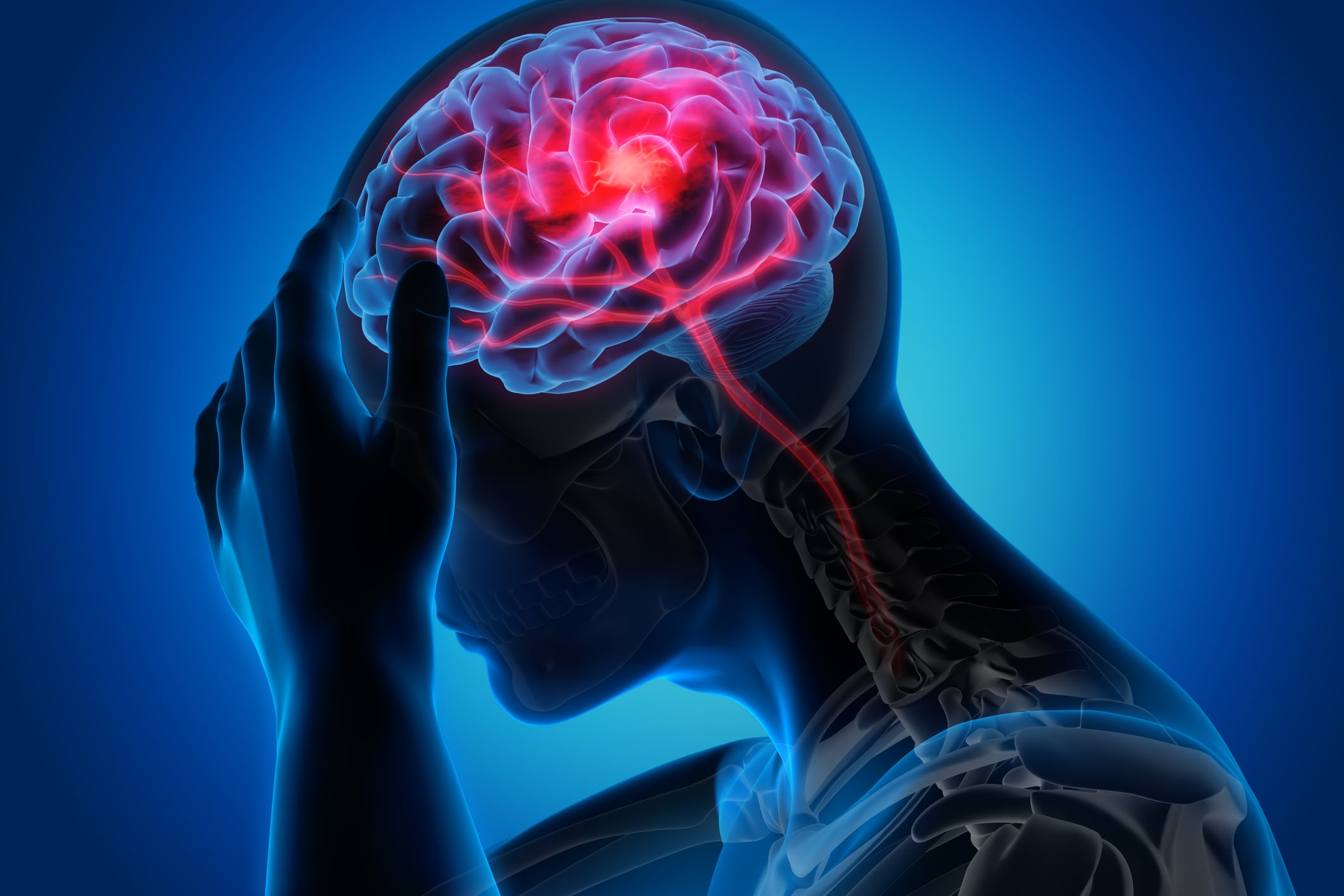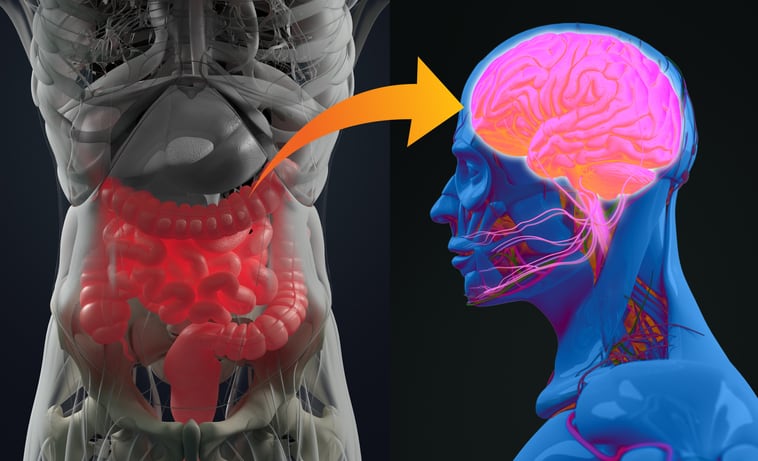The study, published recently in the journal Oxidative Medicine and Cellular Longevity, tested the effects of two different dosages of magnolol, a lignan that is said to be the main active ingredient of Magnolia officinalis bark extracts. The researchers were associated with various hospitals, institutes and universities in Hong Kong and Beijing.
The researchers used a transgenic mouse breed, designed as a TgCRND8 mouse, which has been bred to aggressively express amyloid precursor protein (APP), which leads to the formation of amyloid plaques in the human brain. These plaques are one of the hallmarks of Alzheimer’s disease, though the precise role they play is yet completely understood. What is known, however, is that sample of the brain tissue of people who suffered severe dementia while alive generally contain a lot of these plaques, whereas fewer plaques usually equates to less impairment.
The researchers noted that Magnolia officinalis bark has been widely used in TCM to deal with inflammatory conditions and has shown low toxicity. The bark extract and its active ingredient magnolol have been shown to have anti inflammatory, antioxidative and neuroprotective properties. The herb is not one of the top sellers in the Western dietary supplement industry, but has been on the market for years in the form of Relora, a combination product that includes magnolia, which is now marketed by Capsugel.
Five arm study
The researchers used a five pronged study design with 10 mice in each arm. These were wild type mice fed a test vehicle, and four groups of transgenic mice, one arm consisting of mice dosed with the experimental vehicle, as well as mice with a low (20mg/kg) and a high dose (40mg/kg) of magnolol, and an arm using the drug donepezil (5mg/kg), which has been used to treat the symptoms of Alzheimer’s disease in humans.
The researchers subjected the mice to a number of validated tests meant to examine their cognitive functioning and mood states. These were an Open Field Test (ORT), a Novel Object Recognition Test (NORT) and a Radial Arm Maze Test (RAMT). The OFT tested the comfort level of the mice. More ‘self assured’ mice, so to speak, will explore more of the open space and will rear up less, generally thought to be a measure of anxiety. The NORT measured how quickly the mice differentiated between an object they were already familiar with versus one that was new, and RAMT tested how well the mice could remember which corridors radiating from a central chamber contained food.
Some of the test protocols required training sessions over several days as well as a period of food restriction in the case of RAMT to induce hunger. The mice were gavaged with the vehicles (a saline solution) or the magnolol or drug dosages daily for 4 months. After running the tests the mice were euthanized and their brain tissue was harvested.
Magnolol outperforms drug with much lower toxicity
The researchers found that magnolol at either dosage did not significantly alter OFT performance. But the higher dose of magnolol did improve performance on NORT and RAMT. In addition, both dosages of magnolol showed significant positive effects in the examination of the brain tissue of the mice.
The authors concluded that, “Our results indicated that donepezil could suppress the neuroinflammation and synaptic dysfunction to improve cognitive deficits in TgCRND8 transgenic mice via regulating the PI3K/Akt/GSK-3β and NF-κB pathways. Interestingly, MN (magnolol) at a dose of 40 mg/kg exerted more potent effects than donepezil in the improvement of cognitive deficits, inhibition of neuroinflammation, Aβ deposition, and synaptic dysfunction in TgCRND8 mice. Moreover, it has been shown that the 50% lethal dose (LD50) values of MN and donepezil by oral administration in mice are about 2200 mg/kg and 45.2 mg/kg, respectively, [31, 32], suggesting that the toxicity of MN is about 50 times less than donepezil, thus is a safer plant-derived compound for AD treatment.”
Source: Oxidative Medicine and Cellular Longevity
Volume 2020 |Article ID 5920476 | https://doi.org/10.1155/2020/5920476
Magnolol Ameliorates Behavioral Impairments and Neuropathology in a Transgenic Mouse Model of Alzheimer’s Disease
Authors: Yan-Fang Xian, et al.




